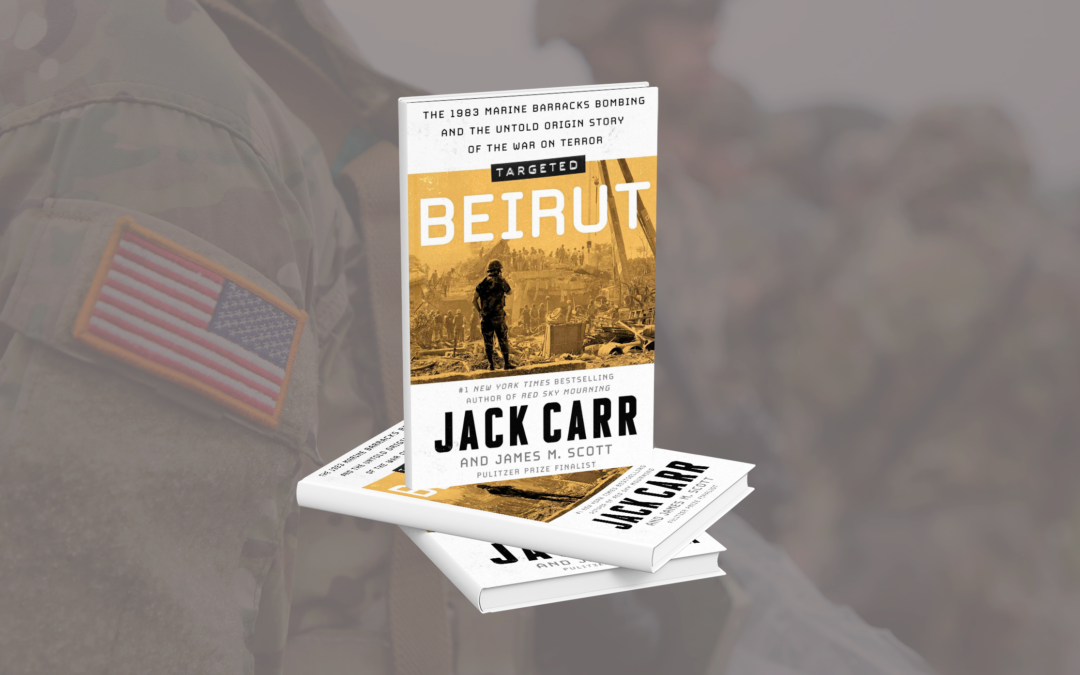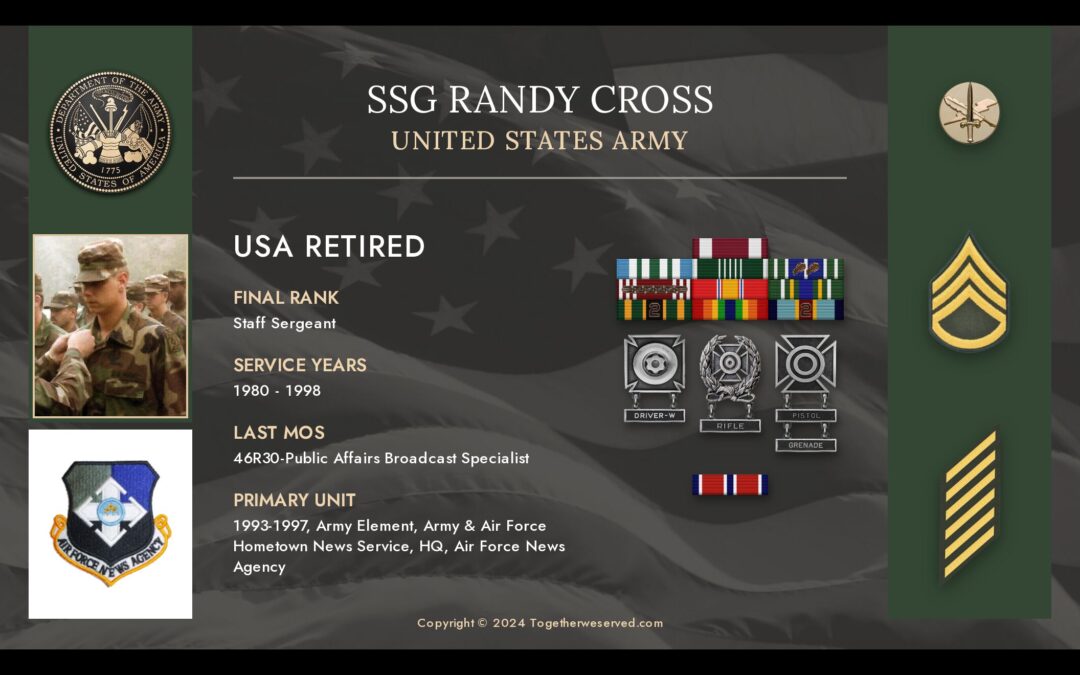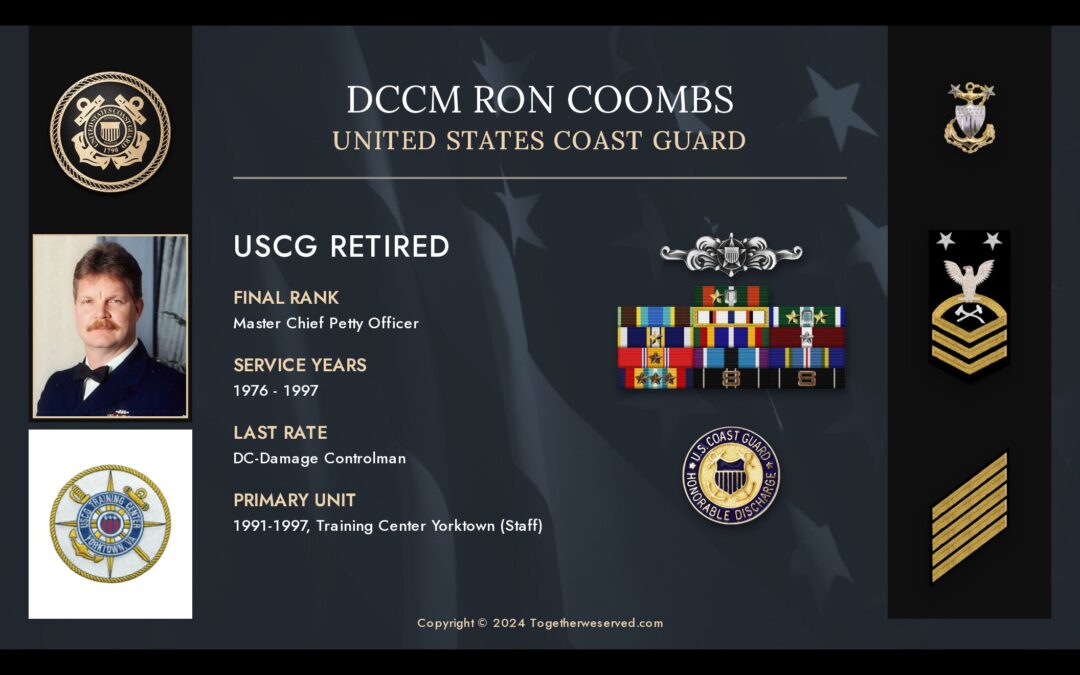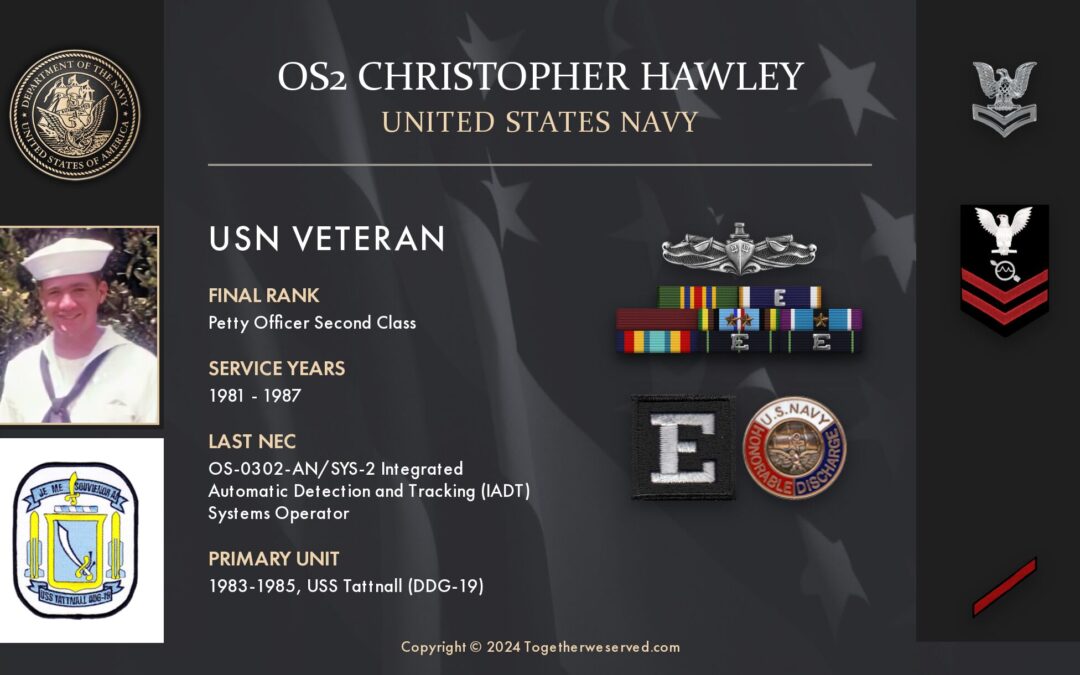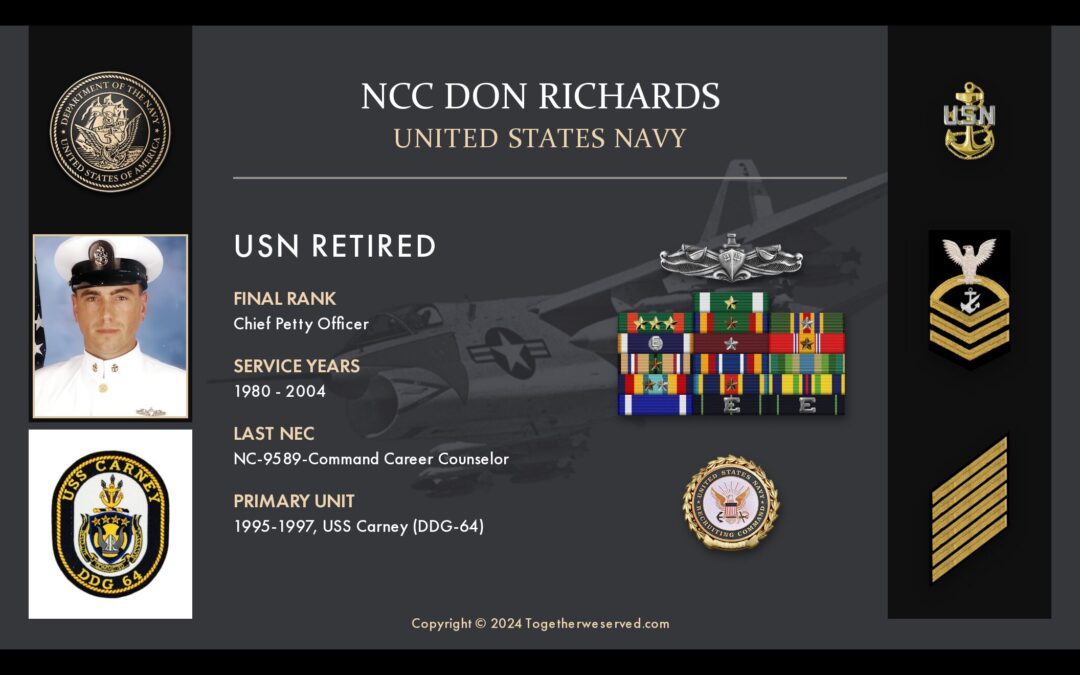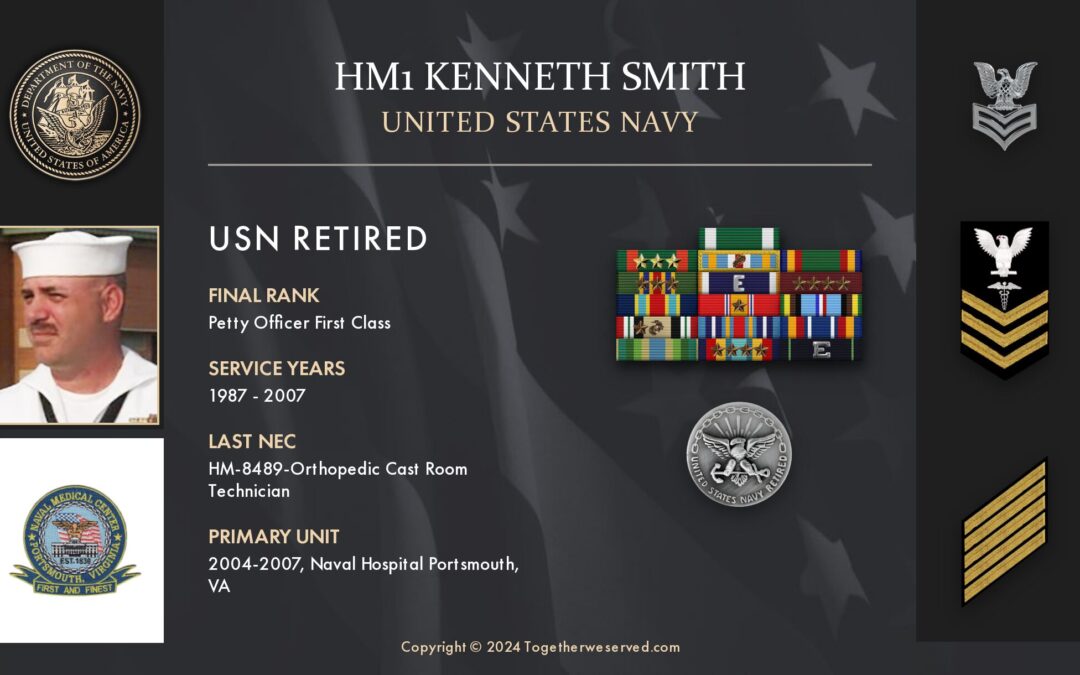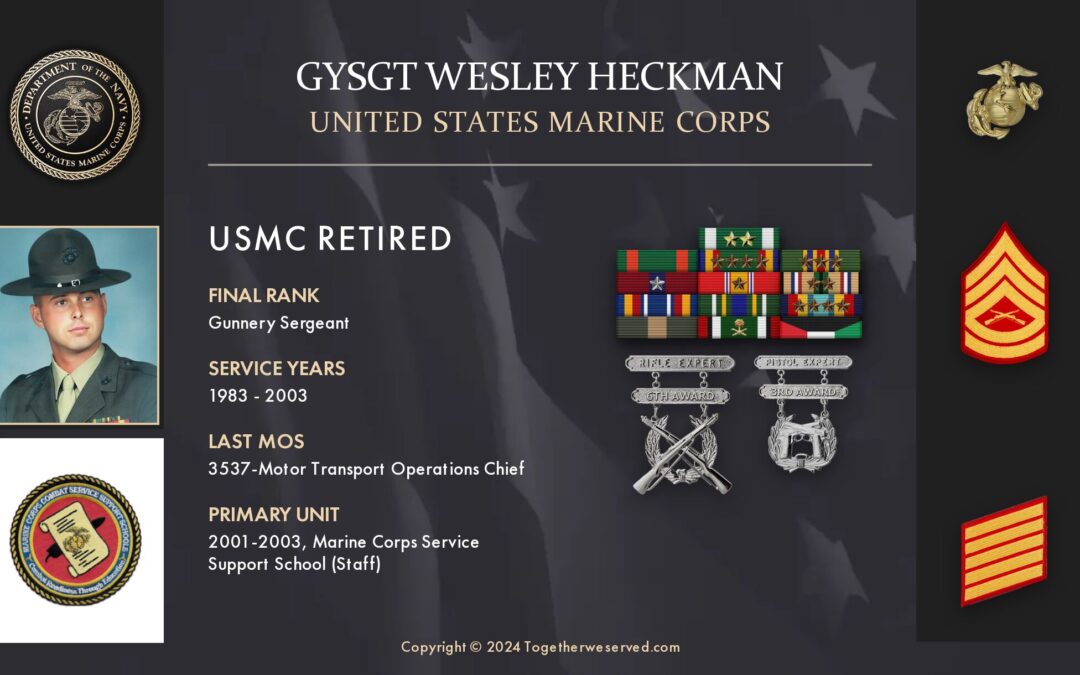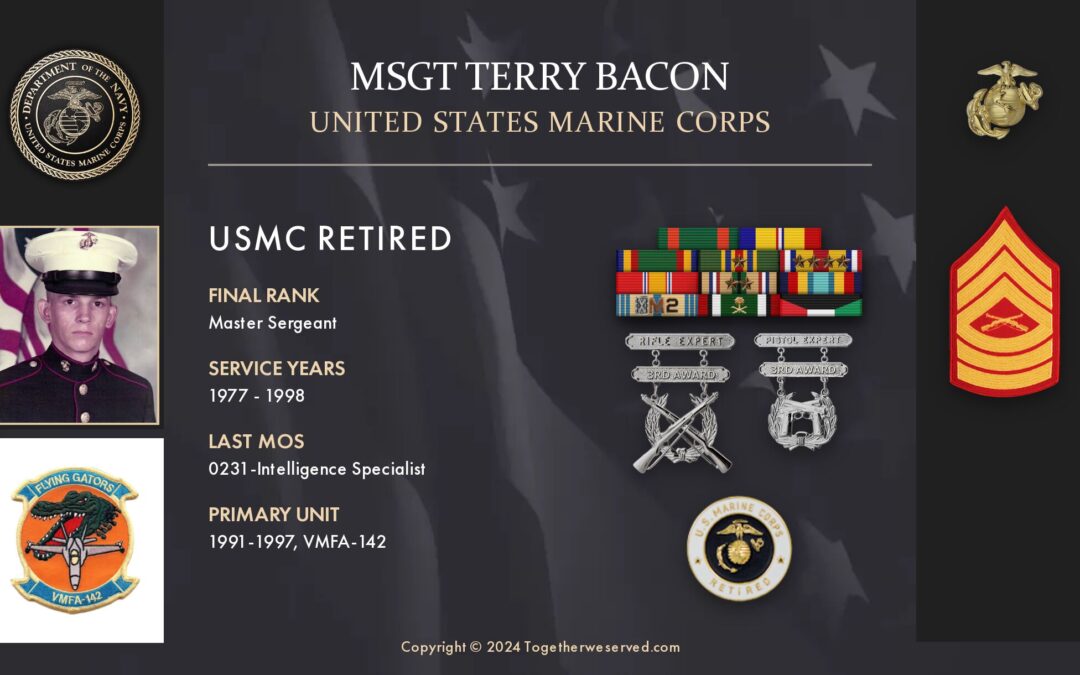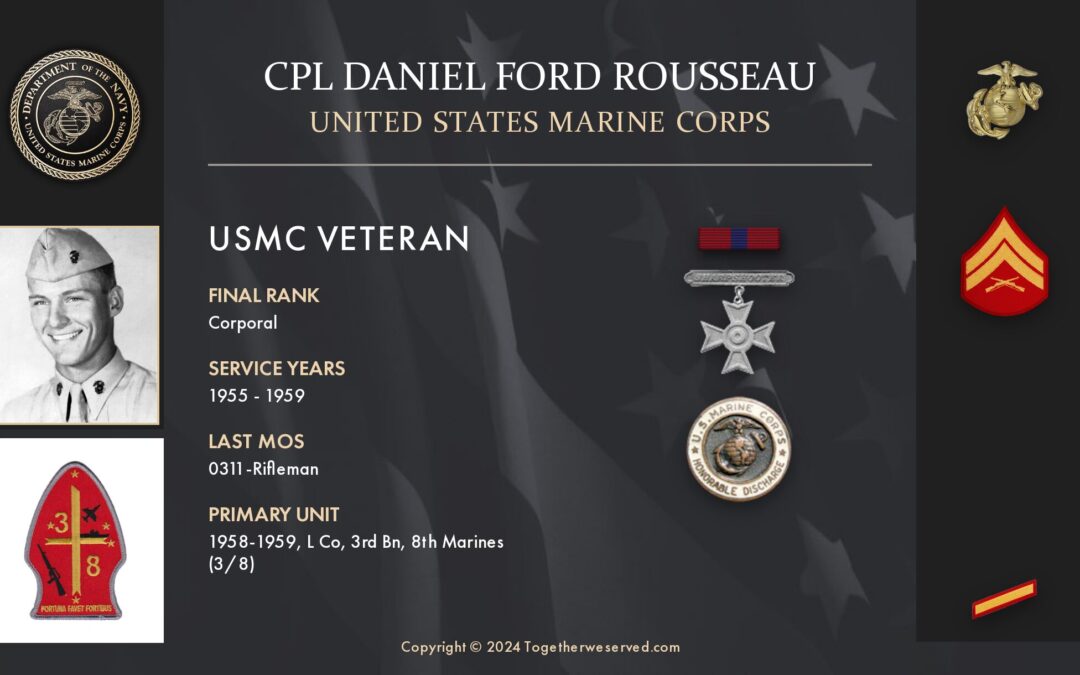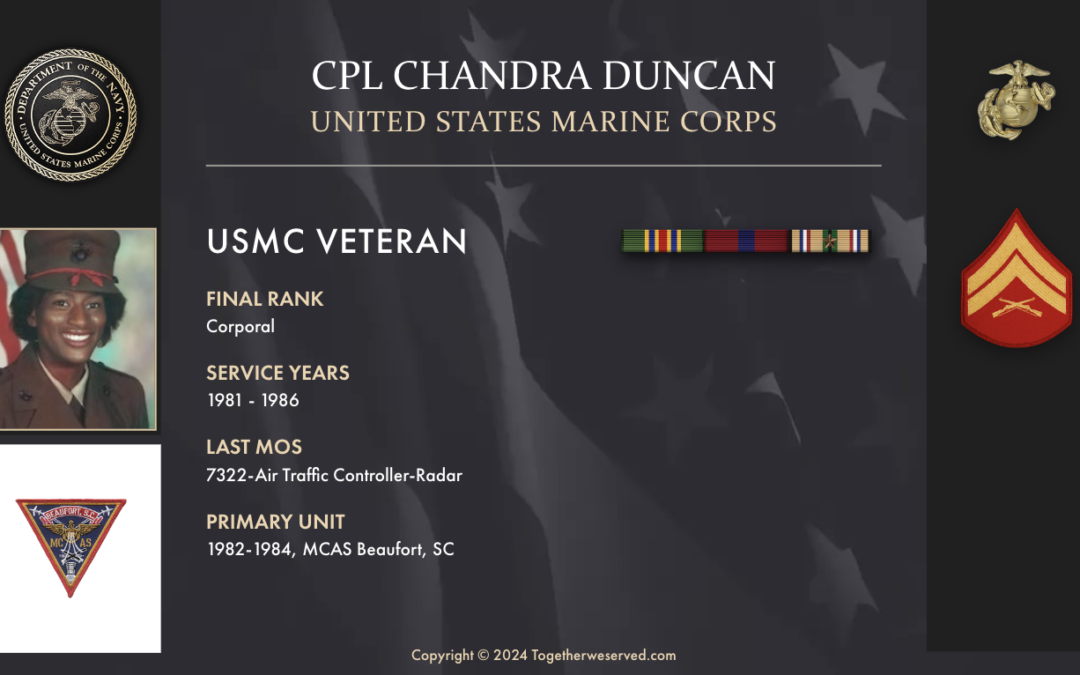If the name Jack Carr sounds familiar, that's because the former Navy SEAL and podcaster is also the author of "The Terminal List," a New York Times bestseller. The paperback thriller has been adapted into a hit television show on Amazon Prime Video, starring Chris Pratt as the main character, Navy SEAL Lt. Cmdr. James Reece. There is even a prequel series in the works at Amazon Studios starring Taylor Kitsch. Targeted: Beirut Explores a Tragic Day in Marine Corps History Earlier in 2024, Carr released "Red Sky Mourning," the seventh book in the thrilling "Terminal List" series, but in September, he will offer fans something entirely different. His first nonfiction novel, "Targeted: Beirut: The 1983 Marine Barracks Bombing and the Untold Origin Story of the War on Terror." On Oct. 23, 1983, a 19-ton stake-bed truck laden with high explosives drove through the security perimeter of a building that served as the barracks for the 1st Battalion 8th Marines, deployed to Beirut as...
